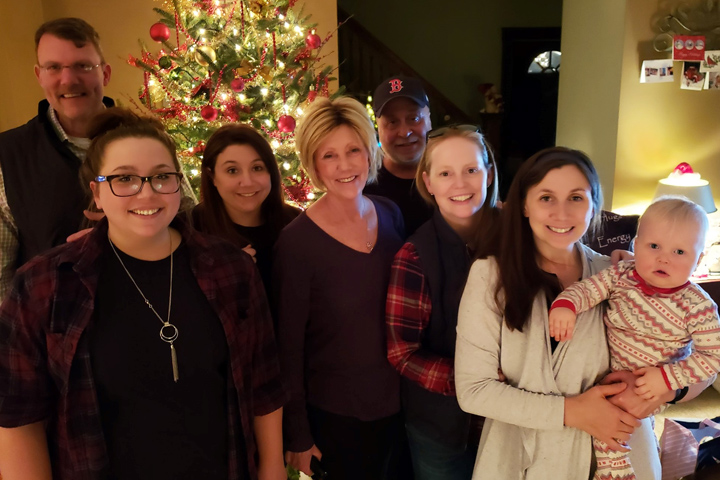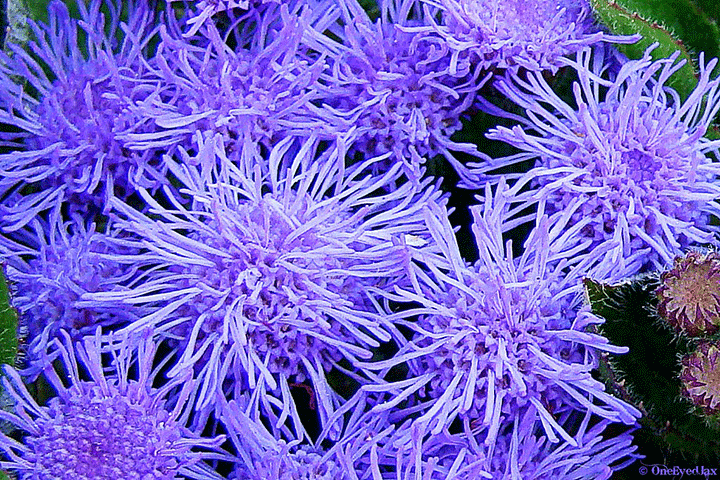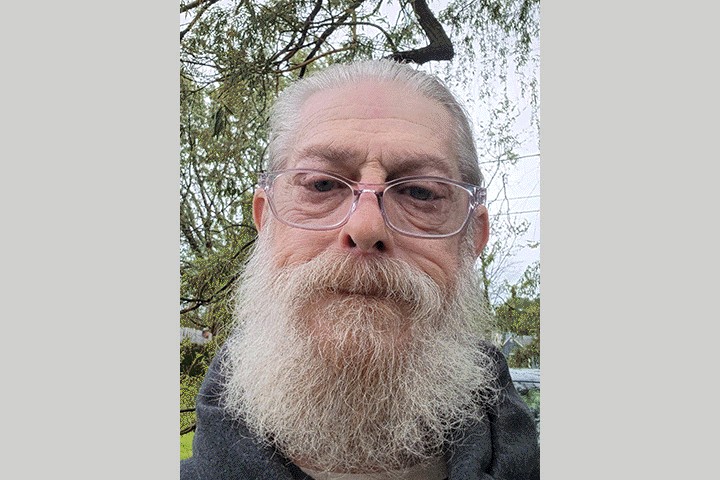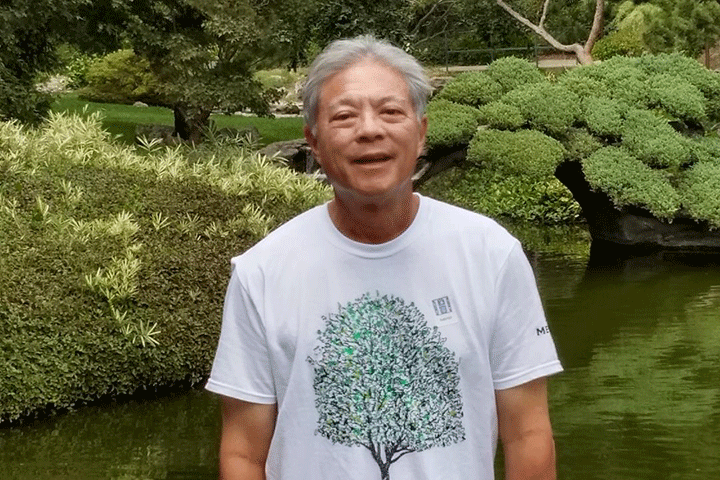Pancreatic Cancer Caught Early Because of My Vigilance

- History of pancreatic cancer in my mother’s family
- Regular screening catches tumor early
- Pancreatectomy and splenectomy, followed by chemotherapy
When I was 10 years old, my maternal grandfather passed away from pancreatic cancer.
In April 1998, my mother was diagnosed with pancreatic cancer; she passed just a few months later, at age 62. Based on some research I did on ancestry.com, I believe pancreatic cancer may go back a couple of more generations but death certificates back then were very general.
When my mother was diagnosed, the internet was still pretty new and about the only source of information I could find was through Johns Hopkins and their National Familial Pancreas Tumor Registry. I signed up and began receiving yearly newsletters. I had been told for years by my primary care physician that there was no way to screen for pancreatic cancer, hence late diagnoses and poor outcomes.
An Early Diagnosis
Fast forward to early 2017. I got my yearly Johns Hopkins newsletter, which talked about the CAPS5 study. University Hospitals (Cleveland, Ohio) was one of eight participating institutions and I jumped at the chance to participate. I live in Erie, Pennsylvania, which is under two hours away.
Participating in this study involved yearly screenings either by an endoscopic ultrasound (EUS) or MRI. My gastroenterologist, Dr. Amitabh Chak at UH, performed the EUS in 2017 and 2018 with negative findings, but in early April 2019 he found a suspicious mass on the tail of my pancreas. I was 56 years old and had NO symptoms. He took a biopsy and I was sent for a CT scan and a surgical consult with Dr. Jordan Winter. My confirmed diagnosis was on April 11, 2019. I had a 1 cm adenocarcinoma on the tail of my pancreas, which was later staged at IA. Dr. Winter said less than one percent are ever found this early.
Surgery Followed by Chemotherapy
On April 26, 2019 I had a distal pancreatectomy/splenectomy. I was fortunate enough to have had it done laparoscopically. It was a more-than-nine-hours surgery. Surgery was performed on a Friday and I was discharged the following Tuesday morning. I had genetic testing in 2018, and found out that I have the FAMMM genetic mutation, also known as p16/CDKN2A. I am unaware of any genomic testing of the tumor.
My surgeon is a firm believer in adjuvant treatment. I did 12 rounds of FOLFIRINOX. I lost my hair after the first treatment and had a couple of setbacks with neutropenia. Towards the end I had mouth sores and a mild case of neuropathy along with fatigue. I have had a total of 25 rounds of radiation of the tumor bed, plus oral capecitabine. I did well except for some mild fatigue.
I have had three CT scans since the surgery, one in June 2019, one at the beginning of this year, and one in March, and a PET scan in mid-April. All have been NED (no evidence of disease). My CA 19-9 marker was 38 at diagnosis and in April was 34.7. My oncologist believes in close surveillance so I will continue to have CT scans and bloodwork every three months for two years, followed by every six months in years three-five.
I have been fortunate that the pandemic has not affected my diagnostic procedures, although most physician appointments are currently being done by telephone or video chat. I had a scheduled port flush postponed to mid-May, however.
The Value of Genetic Testing and Regular Screening
I always dreaded the day I might hear “you have pancreatic cancer,” because I saw firsthand how wretched this disease is. I feel incredibly fortunate that I came across the opportunity for early screening and that my skilled surgeon happens to be an expert in this field.
I have three daughters; my oldest has already been tested for the FAMMM gene and is negative. My biggest fear would be that they might have to hear those words someday, which is why I feel in cases of strong family history, early screening is essential. My husband and daughters have been my backbone, my sounding boards, and my biggest cheerleaders. I am truly blessed to have them, and I thank you for this opportunity to share my story.





